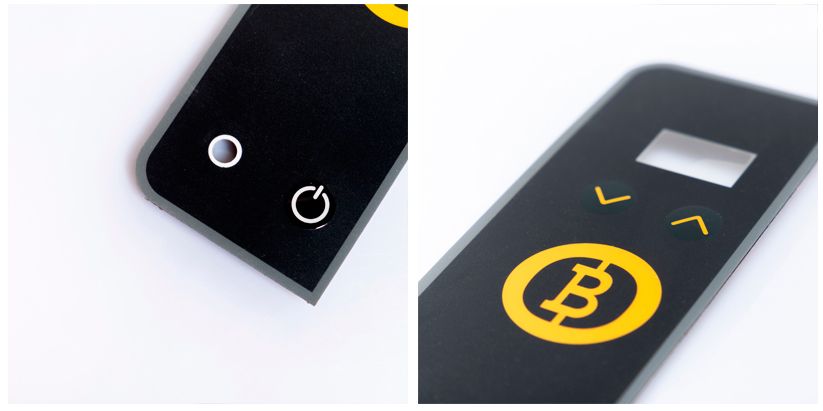
In the realm of user-interface components, membrane switches stand out as a versatile and cost-effective option. Among their many customizable features, backlighting has emerged as a significant enhancement, offering a multitude of benefits that extend beyond mere aesthetic appeal. This article delves into the primary advantages of integrating backlighting into membrane switches, highlighting how this feature can elevate the functionality and user experience of devices across various industries.
Backlighting in membrane switches is a game-changer for equipment used in environments with limited lighting. It ensures that the keypads remain visible, allowing for uninterrupted operation regardless of the ambient light conditions. This is particularly beneficial in sectors like healthcare, where devices are often used in dimly lit rooms, or in industrial settings where machinery operates around the clock.

A user-friendly interface is paramount in today's technology-driven world. Backlighting enhances the user experience by making the controls on a device more intuitive and easier to navigate. This is especially crucial in high-stress environments, such as in the cockpit of an aircraft or in the control room of a power plant, where a clear and discernible interface can significantly reduce the likelihood of operator error.
Backlighting offers a spectrum of aesthetic possibilities that can be tailored to align with brand identity or to fit the design language of a specific product. With options ranging from uniform lighting to multi-colored and patterned illumination, backlighting can serve as a powerful branding tool, reinforcing brand recognition and adding a distinctive visual appeal to the product.
Membrane switches are known for their durability, and the integration of backlighting does not compromise this attribute. In fact, the LED or electroluminescent (EL) components used for backlighting are renowned for their long life spans and resilience, ensuring that the backlighting continues to function effectively over the life of the product.
Energy efficiency is a critical consideration in product design, and backlighting in membrane switches scores high in this regard. LEDs, the most commonly used backlighting source, are well-known for their low power consumption, which translates to longer battery life for portable devices and reduced energy costs for all applications.
The incorporation of backlighting into membrane switches does not necessitate a bulky design. The thin and flexible nature of membrane switches is maintained, allowing for sleek, compact product designs that are both modern in appearance and comfortable to use.
Backlighting can also play a crucial role in ensuring safety and compliance with industry standards. For example, in the aviation and automotive industries, illuminated controls are often a requirement for safety certification. Backlighting not only meets these regulatory requirements but does so in a way that enhances the overall safety of the equipment.
Despite the numerous benefits it offers, backlighting is a cost-effective feature to include in membrane switches. The manufacturing process for backlighting is streamlined and does not significantly add to the production costs, making it an accessible feature for products at various price points.
In environments where cleanliness is paramount, such as medical facilities, the smooth surface of a backlit membrane switch is an advantage. It allows for easy cleaning and sanitation, which is essential for preventing the spread of pathogens and maintaining a sterile environment.
The benefits of backlighting in membrane switches are not confined to a single industry. This feature has universal appeal and can be adapted to meet the needs of virtually any application, from consumer electronics to industrial machinery, medical devices, and beyond.
In conclusion, the integration of backlighting in membrane switches offers a plethora of benefits that enhance visibility, user experience, design flexibility, and operational safety. It is a testament to the innovative ways in which technology can be harnessed to create user interfaces that are not only functional but also intuitive and engaging.